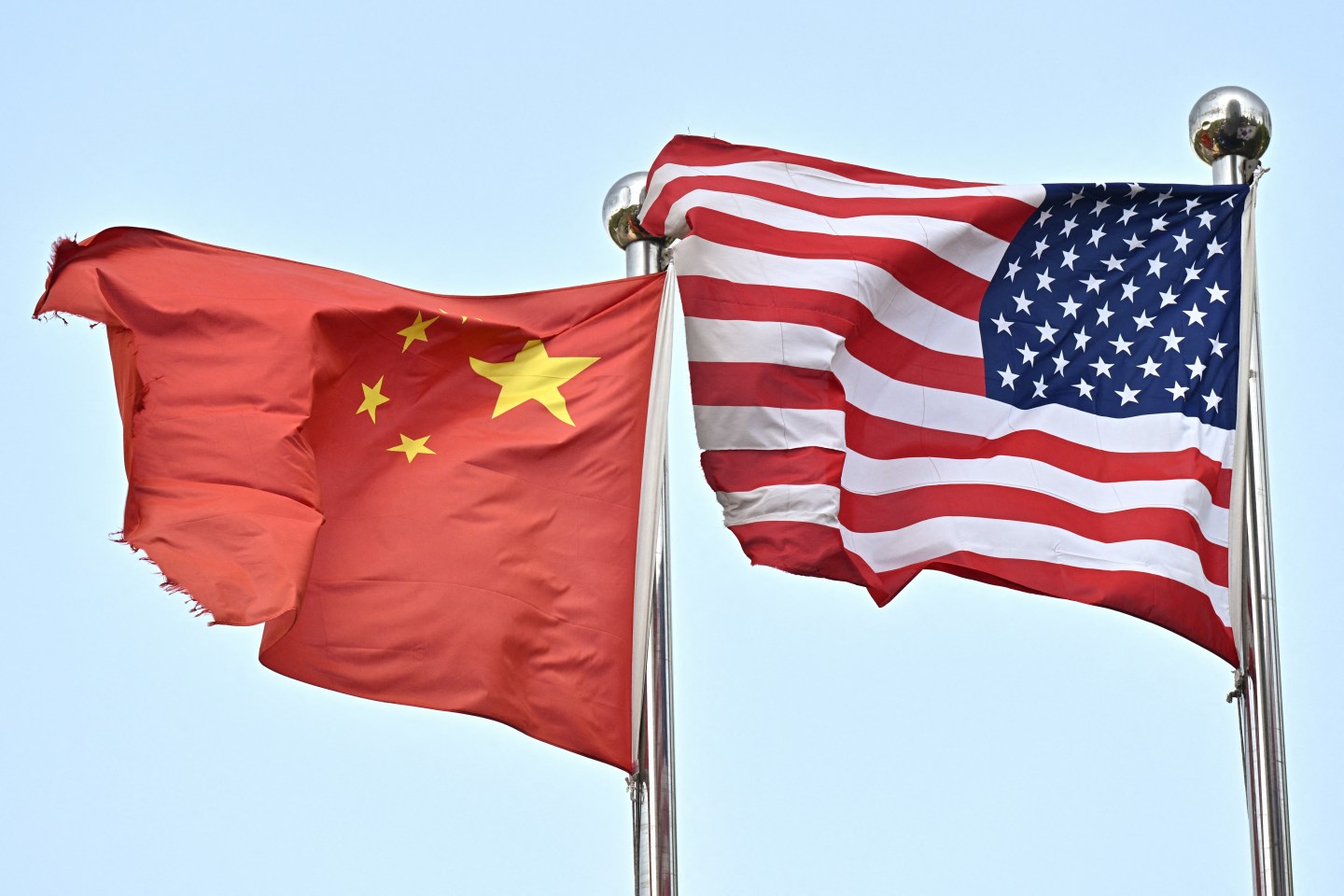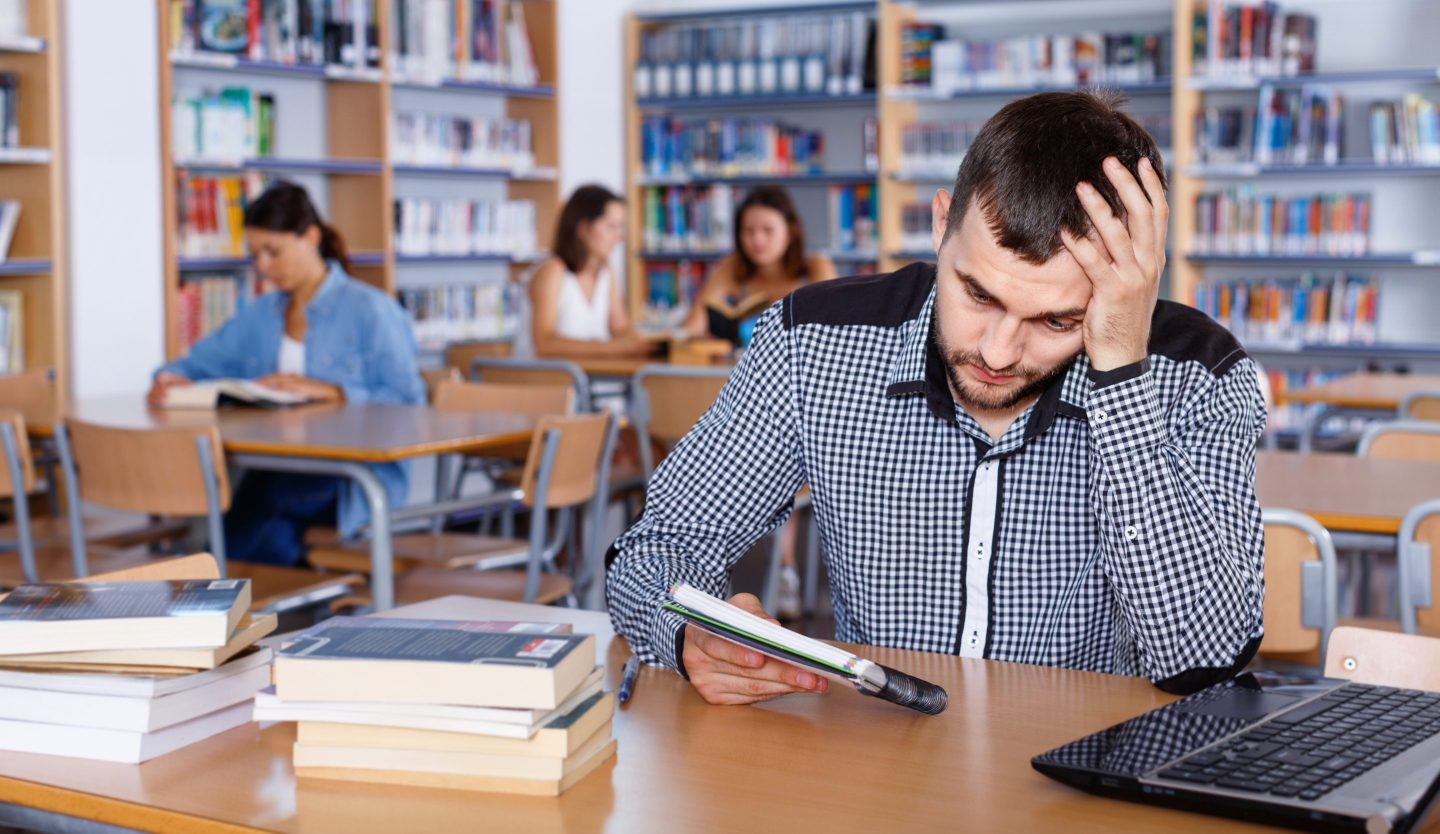Good afternoon, readers.
This week, drug and medical device giant Abbott announced that it had produced yet another coronavirus test. But this one comes with a twist.
Abbott’s previous tests were meant to suss out active coronavirus infections (including a point-of-care test that can return results within five to 13 minutes—though the availability of those tests are, well, complicated).
This latest Abbott COVID-19 diagnostic, however, is a so-called antibody test. It’s a blood test which can detect whether or not you’ve recovered from a coronavirus infection.
Why is that significant? It’s a key indicator of who can possibly return to the re-opening of society and businesses. Someone who’s recovered will (probably) have immunity to the pathogen for a while, according to multiple sources I’ve spoken with.
But that science is still unclear—and the specter of subpar tests looms large. FDA commissioner Stephen Hahn has regularly been warning of fake COVID-19 testing kits for the past three weeks. In general, the efficacy of various tests, whether they be antibody test or others, will take months to determine.
And it’s important to remember that none of these tests are actually approved by the FDA—emergency authorization is a whole different animal. I explored this at length last week in a piece about the various coronavirus diagnostics hitting the scene. Even that picture has changed in a rapidly shifting scenario.
Read on for the day’s news, and see you again next week.
Sy Mukherjee
sayak.mukherjee@fortune.com
@the_sy_guy
DIGITAL HEALTH
Virtual trials are changing the face of patient care. I'll have a larger piece on this within the next week, but I've been having some fascinating conversations with one particular rare disease nonprofit about the effect that the coronavirus crisis has had on their organization and partners. These patients, who suffer from a neuromuscular disease, already face challenges when it comes to mobility. The downstream mental health effects of this pandemic, alongside the difficulties of conducting clinical trials, has had fascinating implications. Many of those are disheartening, but some also showcase the ability of patient communities and organizations dedicated to helping some of our most vulnerable populations to step up in a time of crisis, including with the use of digital tools. Stay tuned.
INDICATIONS
Gilead shares spike on COVID-19 recovery data. Gilead's antiviral for treating COVID-19 has produced early, promising results, according to STAT News. And investors are ecstatic. The biotech giant's shares soared more than 14% after the close of trading—an astonishing rise for one of the biggest pharmaceutical companies in the world. This is still preliminary data in these studies, but they suggest that patients with the most severe forms of COVID-19 illness may be able to recover to some extent with the drug remdesivir and alleviate human suffering and strains on the medical system. (STAT News)
THE BIG PICTURE
New York may finally be controlling its coronavirus spread. New York has been one of the major hotspots of the coronavirus crisis, but it may finally be turning the corner. Governor Andrew Cuomo on Thursday said that hospitalizations and deaths related to COVID-19 had fallen to their lowest levels in more than a week. But that doesn't mean anything will return to normal in a matter of weeks—Cuomo also said that business and school closures would be extended to mid-May. The success of social distancing doesn't mean that it should end immediately—the process is working and needs to persist to prevent the possibility of a second wave of infections. (Reuters)
REQUIRED READING
How to spend your stimulus check so it will have the most impact, by Anne Sraders
The real unemployment rate is likely nearing 18%, by Lance Lambert
How Fortune 500 companies are reacting to the pandemic, by Jaclyn Gallucci & Maithreyi Seetharaman











